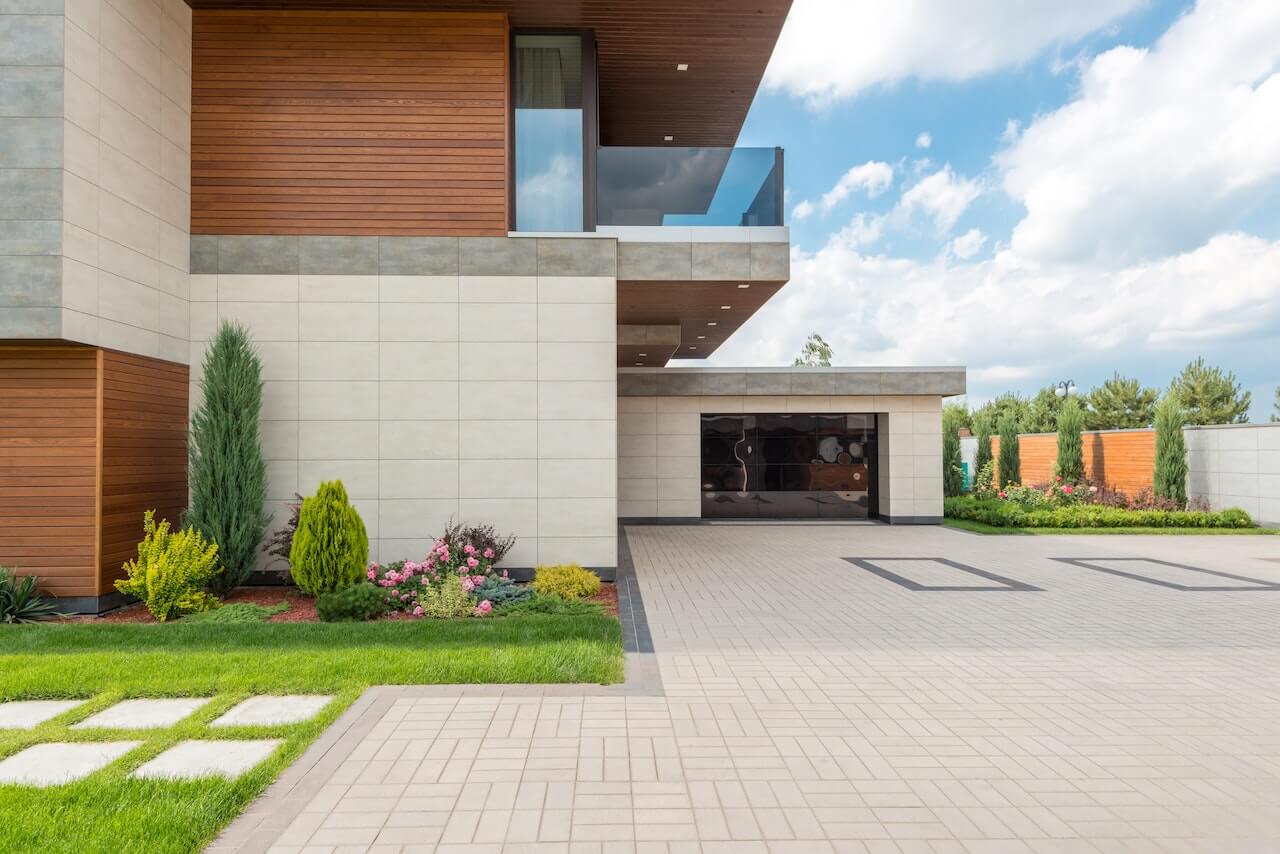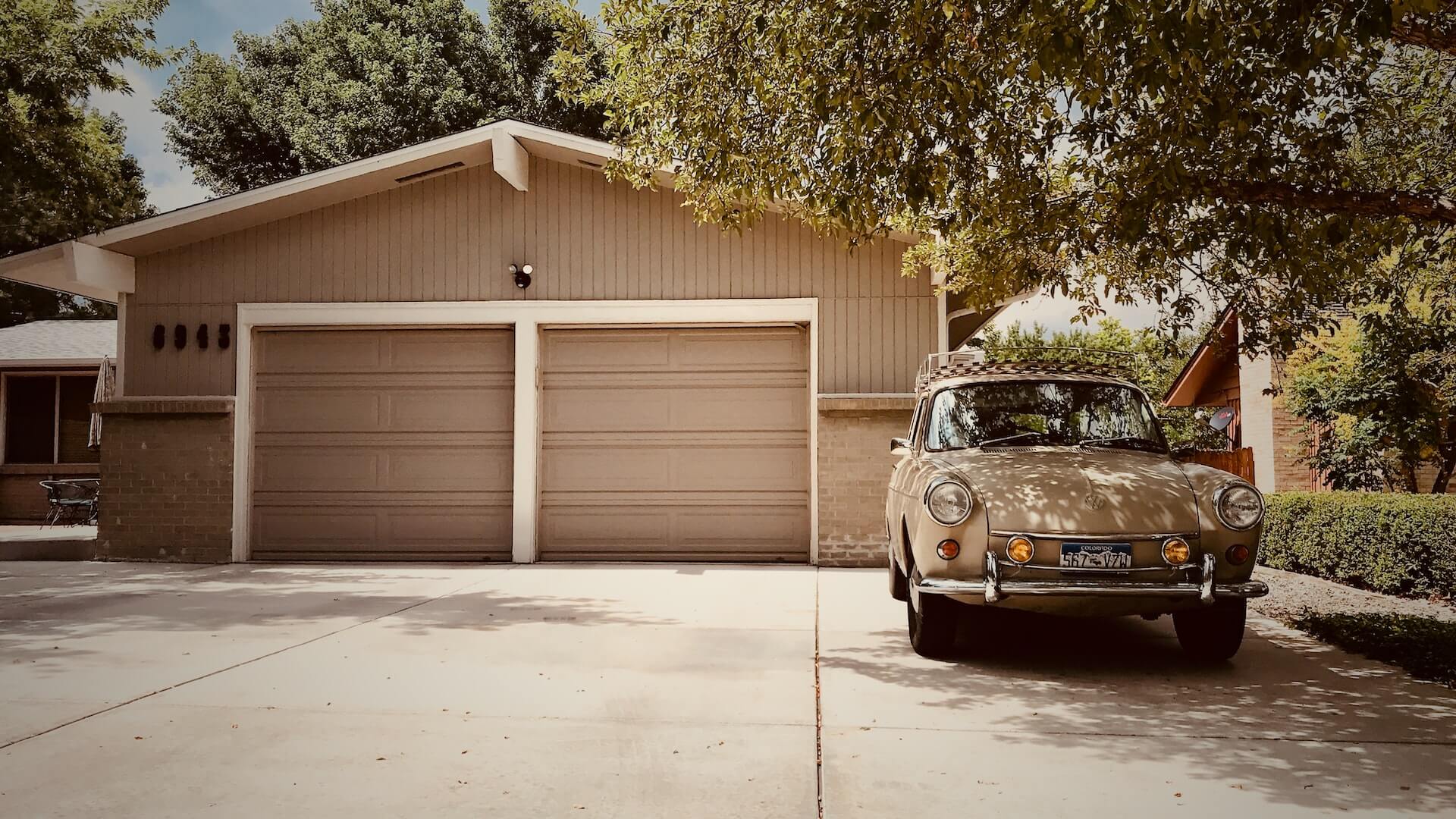Can a Detached Garage Add to Property Value?
Find Out Here

When it comes to home improvement projects, adding a detached garage can be an attractive option. Not only can a detached garage provide extra storage space for your belongings, but it may also increase the value of your property in the long run. But what exactly does a detached garage bring to the table? How much additional value can you expect from installing one?
Consider the current market in your area
When it comes to assessing the value of a detached garage, there are several factors that come into play. For starters, it's important to consider your particular location and the current market in your area. A detached garage may be more beneficial in certain areas where additional storage space is highly sought after. Additionally, if you install a detached garage that adds modern amenities, such as a climate-controlled environment or a built-in security system, it might be more valuable to potential buyers in the future.
Look into zoning regulations
It's also important to look into local zoning regulations before you begin building your detached garage. Depending on where you live, there may be certain restrictions on the size and design of your structure. These regulations can have an effect on the value added to your property by a detached garage, so it's important to be aware of them.
For instance, in some areas, detached garages are limited to a certain square footage that can't exceed the size of the primary residence. In this case, the added value would be minimal. If you're able to install a larger garage that exceeds local zoning regulations, however, you may be able to get more bang for your buck when it comes to increased property value.
What are the different types of detached garages?

Detached garages come in a variety of shapes and sizes, so there are plenty of options to choose from. The most common type is the one-car garage, which typically features a single bay door with enough room for one vehicle.
On the other side, you can also choose among the different materials for your detached garage. Namely, metal garages are the most cost-effective choice, while wooden structures if you prefer a more natural finish. There are also detached garages designed specifically for recreational vehicles, such as boats and campers.
No matter what type of detached garage you choose, it's important to take into account factors such as zoning regulations, size, and design to ensure that it adds value to your property.
Take into account other benefits
In addition to its potential for increasing property value, a detached garage offers several other advantages. It can provide extra storage space, allowing you to keep your home clutter-free while still having access to the items you need. It can also provide additional space for hobbies or projects that require more room than what's available inside the house. And if you install a garage door opener with a remote control, it can add an extra layer of convenience and security.
Moreover, a detached garage can provide a workspace for DIY projects, allowing you to separate messes or loud noises from the rest of your home.
Research other similar properties
For a better understanding of the value detached garages add to your home, research comparable houses in the same vicinity. Analyze properties with and without attached or detached garages to get an idea of how much worth it brings. Furthermore, compare their list prices to recognize how much extra money buyers would be ready to cough up for such a feature.
For example, if you notice that a house with a detached garage is selling for $30,000 more than one without the same structure, it might be worth your while to invest in the addition.
How much value will a detached garage add to my property?
The amount of additional value that a detached garage can bring to your property depends on several factors, including its size and design, the current market in your area, and local zoning regulations. Generally speaking, however, you can expect to see an increase in value between 5-15% when you install a detached garage. This can be especially beneficial if you're planning to sell your home in the future, as buyers tend to be drawn to properties with additional amenities such as garages.
Find a reliable contractor

If you decide to install a detached garage, it's important to find a reliable contractor who can handle the job. An experienced contractor will be able to provide advice on which type of detached garage is best for your property and ensure that the structure meets all local zoning regulations. A lot of research and planning goes into adding a detached garage, so make sure you find the right contractor for the job.
Where should you place a detached garage?
When it comes to the placement of your detached garage, there are a few factors to consider. Make sure that you research local zoning regulations in your area before deciding on a location. Additionally, when choosing a spot for your detached garage, keep in mind that it should be easily accessible from the main house and have plenty of room for any additional features you may want to include.
Working on the interior
After you've found the perfect spot for your detached garage, it's time to start focusing on its interior. A few simple upgrades such as insulation, drywall, and shelving can go a long way toward making the space more functional and efficient. Additionally, installing an electrical system in your detached garage can provide additional light and heat, making it easier to use the area for storage or recreational activities. Have this work done by a licensed electrician to ensure the job is done safely and correctly.
Adding a detached garage can be a great way to increase the value of your property in the long run. However, there are several factors that come into play when determining how much additional value you can expect from such an addition. To get the most out of your investment, it's important to consider factors such as local zoning regulations, the size and design of the structure, and comparable properties in your area. With the right research, you can be sure that your detached garage will be an asset to your property for years to come.